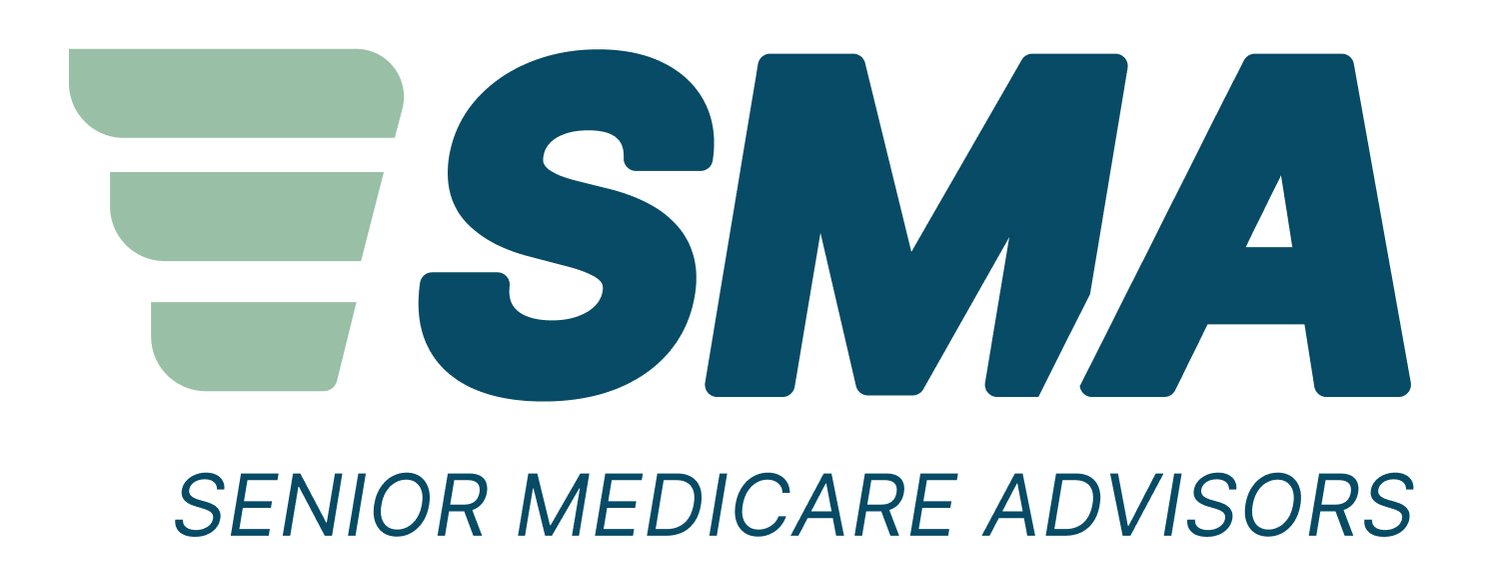
FAQs
You’ve got Medicare questions. We’ve got answers!
Let’s be real- Medicare is confusing! That’s why we’re here! Here are some of the more common questions we get. If we haven’t answered you’re questions, please don’t hesitate to contact us.
-
Initial Enrollment Period (IEP) is the 7-month period when someone is first eligible for Medicare. This period begins 3 months before they turn 65, includes the month they turn 65, and ends 3 months after they turn 65. It is important to enroll in this time period because you will pay a penalty if you go any period of time without full coverage AND you are guaranteed insurance without questions and underwriting (medical questions and tests from the insurance company).
-
In the spirit of transparency, t's important for you to understand how I am compensated for my services. I receive a commission directly from the insurance company when you enroll in a Medicare plan through me. This commission comes at no extra cost to you and does not impact the price of your insurance plan. My goal is to assist you in finding the best Medicare coverage that suits your needs and budget. Commission rates among companies are nearly identical so rest assured, my recommendations are solely based on what's best for you, not on the compensation I receive. Your trust and satisfaction are my top priorities, and I'm committed to helping you navigate the complexities of Medicare to ensure you have the coverage you deserve.
-
I recommend that people sign up for Medicare Part A when they turn 65- even if they are still working with full insurance. Here’s why: The Part A premium for most people is $0. It does give you additional coverage for a hospitalization. In addition, you receive your Medicare number. This can be important if you need to move quickly onto Medicare due to a change in your employment.
I do not recommend signing up for Part B if you are still on your employer plan because you will have to pay the monthly premium for Part B.
-
Technically, you do not have to have a RX Part D plan BUT there is a penalty if you don’t enroll in one when you are first eligible. The penalty is 1% for every month you don’t have coverage and it is life long. So it makes sense to at least get a cheap one to avoid penalties.
But I strongly recommend that people get a Rx plan. Here’s why: #1 – If you are injured or have an infection, you’re going to need medications and you’ll want to have a Rx plan because prescriptions can get expensive real quick! #2 – If you are diagnosed with a serious illness early in the year, the rest of the year will be an expensive one for you without a Rx plan.
On top of that, Part D plans are very reasonably priced. And as we get older, it just makes sense to plan for potentially needing a prescription medication at one point or another.
-
Choosing to work with us means gaining access to personalized and comprehensive assistance tailored to your unique needs. Unlike most Medicare insurance agents, we search all plans to make sure you are getting the best one for you, even if we can’t offer you that plan. You will also gain access to year-round customer support and yearly reviews to make sure you are getting the best coverage at the best price.
Bottom line, your peace of mind and confidence in your Medicare plan are our top priorities. By choosing to work with us, you can trust that you're receiving unwavering support and unbiased recommendations.
-
If you are on an employer health plan, you can stay on that plan until you or your spouse retire without any penalties because you have full coverage. (NOTE: for this to count as full coverage, your employer must have at least 20 full-time employees. Also, COBRA does not count as full coverage.) Another thing to consider weather you enroll at 65 is your total out of pocket costs on your employer plan - it may be a better deal to change over to Medicare.
-
There is always a lot of confusion about what you can and can’t do during the Annual Enrollment Period (AEP) (October 15 - December 7). AEP is a time when you can change from one Medicare Advantage plan to another Medicare Advantage plan and/or change your Part D prescription plan.
The “but” is moving from Medicare Advantage to a supplemental. To make that change, you may have to go through medical underwriting and can sometimes be denied based on your medical history.
If all this is still confusing, we get it. Just give us a call and we will help you out the who, when and how’s of it all.
